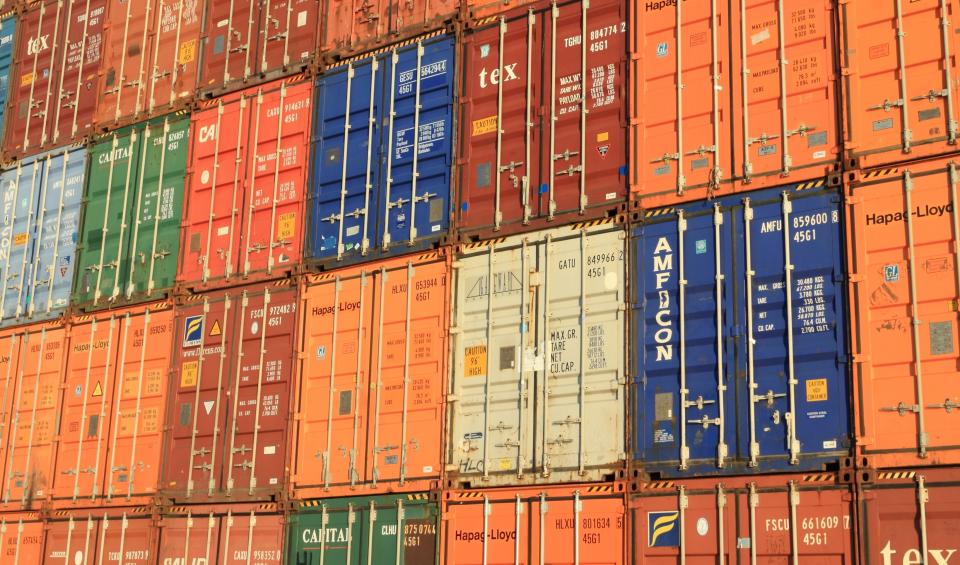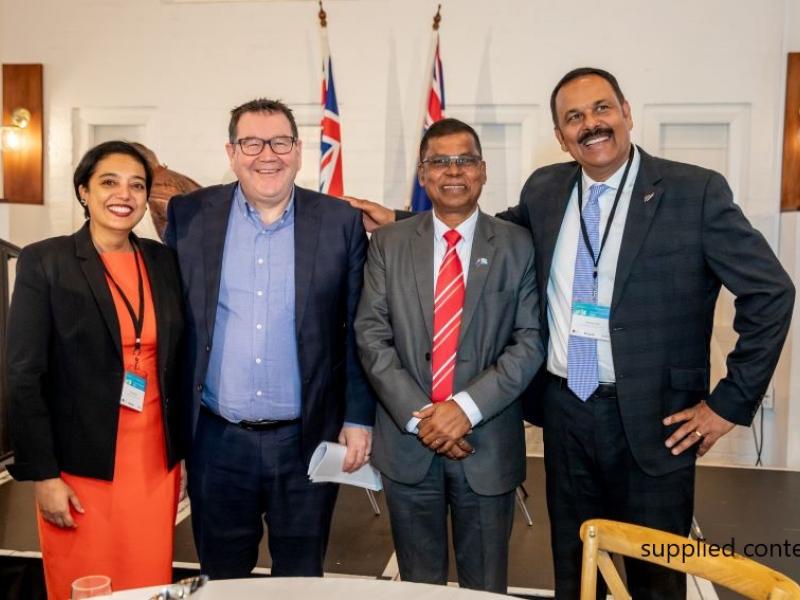Tracey Epps looks at the importance of proper tariff classification of your exports.
Goods traded internationally are classified using a universal classification tool known as the Harmonized System (HS) that allows countries to classify goods on a common basis. The tool consists of more than 5,000 commodity groups, each identified by a six-digit code.
Customs authorities in over 200 countries use HS codes to identify the correct tariff (or ‘duty’) payable, for charging consumption taxes (like VAT or GST) and for the collection of international trade statistics. Some add extra digits to the six-digit code so that they can make finer distinctions between goods.
Generally importers are responsible for filing import entries and for paying any applicable tariffs. There are, however, some cases where the buyer and seller agree on terms of trade that oblige the seller to clear goods for import. In such cases, the exporter will bear direct responsibility for tariff classification.
It is critical that exporters have confidence that goods have been properly classified. Misclassification can directly affect the bottom line. Most obviously, tariffs and other taxes increase the cost of goods to foreign buyers and may affect competitiveness in the overseas market.
A hypothetical example based on fish exports to Egypt illustrates both the difficulties and the potential impact of tariff classification. The HS six-digit code 16.04 covers prepared or preserved fish, and 1604.15 covers mackerel in particular. Under Egypt’s tariff schedule, mackerel is listed as falling under the HS six-digit code 1604.15. The applicable tariff rate is 5 percent. However, mackerel is also listed as falling under the eight-digit code 1604.20.10 (‘other prepared or preserved fish’). The applicable tariff rate for this is 22 percent. If you were exporting preserved mackerel to Egypt, classification of the product does not appear to be a straightforward matter. Moreover, getting it right would be important because there is a 17 percent tariff differential.
Incorrect classification can also have negative operational effects that ultimately affect profitability, including interruptions to supply chains from having goods held up at the border on importation, imposition of retrospective duties or penalties for misclassification.
Proper classification can be difficult – for example, is a ceiling fan with a light a ‘fan’ or a ‘light’? Is a chocolate containing a toy an item of ‘confectionary’ or a ‘toy’? There are rules that must be followed to obtain the proper classification, and obtaining the advice of a customs broker or other specialist can be a worthy investment. But it is important to remember that this will not relieve you from the consequences of misclassification if your adviser gets it wrong. Working closely with your agent is therefore critical, as is being fully aware of your contractual arrangements with the importer as these may well determine liability in situations such as where your goods get held up at customs or incur unexpected taxes or charges.
Tracey Epps is a trade law consultant at Chapman Tripp, and can assist with any export-related queries. Email Tracey.Epps@chapmantripp.com





